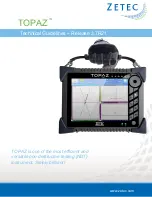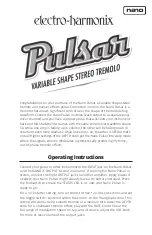Summary of Contents for Planmeca ProMax 3D Classic
Page 1: ...PlanmecaProMax 2D 3D s 3D Classic EN 10033256_8 user s manual 2D imaging ...
Page 2: ......
Page 88: ......
Page 89: ......
Page 1: ...PlanmecaProMax 2D 3D s 3D Classic EN 10033256_8 user s manual 2D imaging ...
Page 2: ......
Page 88: ......
Page 89: ......

















